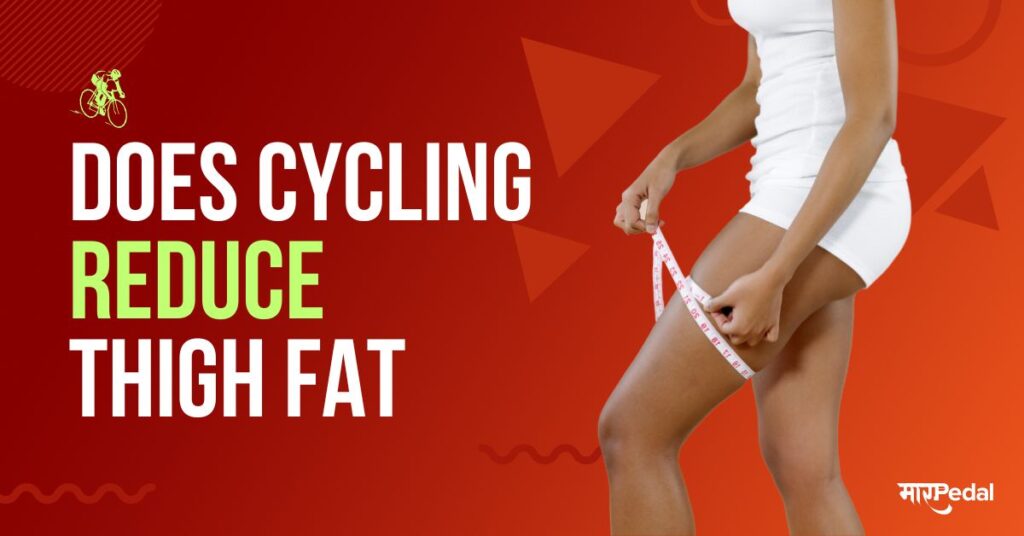
If you’ve ever felt the all-too-familiar tightness and soreness of muscle aches and pain, you’re not alone. Most of us experience nagging muscular discomfort at some point – whether from overdoing it at the gym, yardwork that requires muscles you haven’t used in a while, sitting at a desk too long, or simply sleeping in an odd position. Thankfully, most minor muscular aches and pains are easy to treat at home. Understanding the common causes of muscle soreness can help you pinpoint precisely why your body is aching and guide you to the right remedies for relief.
Common Causes of Muscle Aches
There are a wide variety of reasons why our muscles protest with tender, sore sensations. Here are some of the most common culprits:
Overuse and Muscle Strain
Using muscles in a way they are not conditioned for – especially if the activity is repetitive or vigorous – frequently leads to microscopic tears in muscle fibers. This causes inflammation and discomfort that we perceive as muscle soreness. Activities like raking, shoveling snow, or playing a new sport can overwork muscle groups and cause this type of achy pain.
See also: Back Pain When Cycling: Causes, Prevention, and Relief
Direct Injury
More severe muscle pain often comes from injuries like falls, collisions during sports, sudden forceful motions that tear or bruise muscles, or crush injuries. Seek prompt medical care for rapid-onset, severe muscle pain after any trauma or accident that could have damaged soft tissues.
See also: How Can You Prevent Injury While Cycling?
Poor Conditioning and Atrophy
Muscles that are not conditioned through regular exercise are more prone to getting overloaded, strained, and micro-torn during everyday activities. The natural loss of muscle mass as we age (atrophy) also reduces muscle strength and resilience. Building muscular strength and fitness helps avoid aches.
Vitamin/Mineral Deficiency
Key micronutrients like magnesium and vitamin D play crucial roles in muscular contraction and relaxation. Deficiencies, often due to poor diet, medication interactions, or health conditions, can make muscles tire more easily, cramp painfully, and ache chronically.
Dehydration
Water is essential for cellular functions throughout the body, including healthy muscle action. When dehydrated, muscles can easily tighten and spasm painfully. Staying well hydrated is vital for keeping muscles working and flexible.
Chronic Medical Conditions
Various chronic illnesses like fibromyalgia, lupus, hypothyroidism, polymyalgia rheumatica, and chronic fatigue syndrome include deep muscular aching as a primary symptom. See your doctor to diagnose and manage any suspected medical cause for ongoing muscle discomfort.
Soothing Home Remedies
Whether your sore muscles come from overexertion or unknown factors, there are several do-it-yourself ways to find relief at home:
Alternate Heat and Cold
Both heat and cold therapy can alleviate muscle soreness in different ways. Heat increases blood flow, delivers healing nutrients, and relaxes tightness. Cold therapy numbs pain signals and reduces inflammation. Alternate between heat packs or hot baths, and cold compresses or ice massages for best results.
Massage Sore Spots
Gently kneading and rubbing affected muscles stimulates healing blood circulation in the area. It also directly eases painful muscle knots (trigger points) that form from overworked cells. Use your own hands or devices like foam rollers, massage balls, or targeted massage tools to work out muscle tension.
See also: Can Cycling Cause Hemorrhoids? Preventing Hemorrhoids While Cycling
Allow Muscles Ample Rest
Refraining from strenuous activity allows small muscle tears from strain and inflammation to heal. Balance your day with periods of both movement and complete rest. Light activity like walking helps relieve stiffness, while avoiding reinjury. Prop up painful limbs and limit repetitive motions that aggravate the area.
Over-the-Counter Pain Medication
Anti-inflammatory, non-steroidal drugs like ibuprofen (Advil, Motrin), naproxen (Aleve), or aspirin can relieve muscular aches and discomforts. Acetaminophen (Tylenol) also eases pains. Use the lowest helpful dose, as directed, to avoid possible stomach, liver, or kidney complications.
Lifestyle Measures to Prevent Muscle Soreness
Adjusting certain lifestyle factors makes a big difference in keeping muscles more supple and less prone to aches in the future:
Stretch and Strengthen
Gentle stretching while muscles are warm increases flexibility and range of motion. Building muscular strength through exercises like Pilates, yoga, and light weightlifting gives muscles more stamina for daily demands without getting overtaxed.
Manage Your Stress Level
High stress from emotional, mental or even physical triggers releases hormones like cortisol that prompt widespread muscle tension. Stress management tools like adequate sleep, meditation, enjoyable hobbies, and counseling help relax this tension.
Find Your Activity Sweet Spot
Being sedentary weakens muscles, but overdoing activity strains them too. Seek a healthy medium of light, frequent movement without overexertion. Take frequent mini-breaks during prolonged sitting or repetitive motions.
Helpful Supplements

Research shows certain supplements provide additional relief for common muscular complaints:
Magnesium
Often deficient in modern diets, magnesium is essential for muscular contraction and relaxation. Supplements ease cramps, spasms, tension and soreness. The best absorbed forms are magnesium glycinate, citrate and orotate. Those prone to loose stools may prefer magnesium oxide.
Turmeric and Curcumin
These bright orange Indian spices contain potent anti-inflammatory and pain-relieving properties. Turmeric as a whole spice or its concentrated curcumin extract significantly improves muscle aches from strain, injuries, fibromyalgia or other causes.
Omega-3 Fatty Acids
Found abundantly in cold-water fish and seeds like flax or chia, anti-inflammatory omega-3’s reduce muscular inflammation and soreness. Fish oil supplements support musculoskeletal health.
Vitamin D
This “sunshine” nutrient regulates vital processes in muscles that affect contraction, relaxation and healing after injury. Many adults are low in D. Safe, moderate doses around 2000-5000 IU per day may ease discomfort.
See a Doctor for Severe, Lasting Pain
While home remedies effectively address mild to moderate muscle soreness, persistent or worsening symptoms always warrant medical evaluation. See your physician promptly for:
- Severe pain following any accident like a fall or motor vehicle injury
- Rapid swelling, bruising or deformity after muscle strains
- Muscle weakness, numbness or tingling in limbs
- Unexplained weight loss, fever or other concerning symptoms
- Chronic widespread muscle aches unresponsive to home treatment
With personalized care, medication interventions, physical therapy referral or other treatments, doctors can tackle more serious muscle pain issues, injuries and disorders. Relying on self-care alone when facing debilitating, unexplained or worsening muscle problems delays vital treatment.
Conclusion
From the occasional post-workout soreness to chronic body aches, stiffness and pain in muscles often arise and disrupt our active lives. Yet with a mix of sensible self-care – using home remedies like heat, massage, rest and OTC analgesics – you can find relief from many common muscular discomforts. Adding key lifestyle adjustments and targeted nutrients also bolsters muscles against further strain. Still, seeing your doctor promptly remains essential whenever severe trauma, unexplained swelling or weakness arises in muscles, or when pains become extremely persistent. Addressing muscle aches early and completely is key to staying active and independent as we age. With the right balance of self-care, preventive strength training, and medical treatment when needed, muscle pain does not have to slow you down.
FAQs about Treating Muscle Aches
What about using Arnica cream for sore muscles? Applied topically, homeopathic arnica creams and gels provide natural pain relief and anti-inflammatory effects for overworked, strained muscles. Results are modest but helpful for some when combined with other measures.
Do Epsom salt baths help sore muscles?
Magnesium sulfate bath salts called Epsom salts relax muscle tension, reduce inflammation and ease musculoskeletal pain when absorbed through the skin. Many find regular soaks therapeutic.
Is apple cider vinegar good for muscle cramps and spasms?
Some research shows the nutrients in organic apple cider vinegar have anti-inflammatory qualities that may benefit muscle tissue. The tart flavor often provides fast relief sipped in water for acute cramps and charley horses.
Do muscle rubs work to treat muscle pain? Over-the-counter menthol, camphor and capsaicin creams seem to mitigate chronic or activity related muscle aches in some people. Results vary based on product strength and dosage used. Apply cautiously and avoid contact with eyes, mouth or open skin.
Can massage guns really help muscle pain?
Powerful percussion massage devices use rapid bursts to penetrate deep muscle tissues. Users often report decreased pain and stiffness following use. Mix self-massage with rest days for sore areas overworked by repetitive motion.






